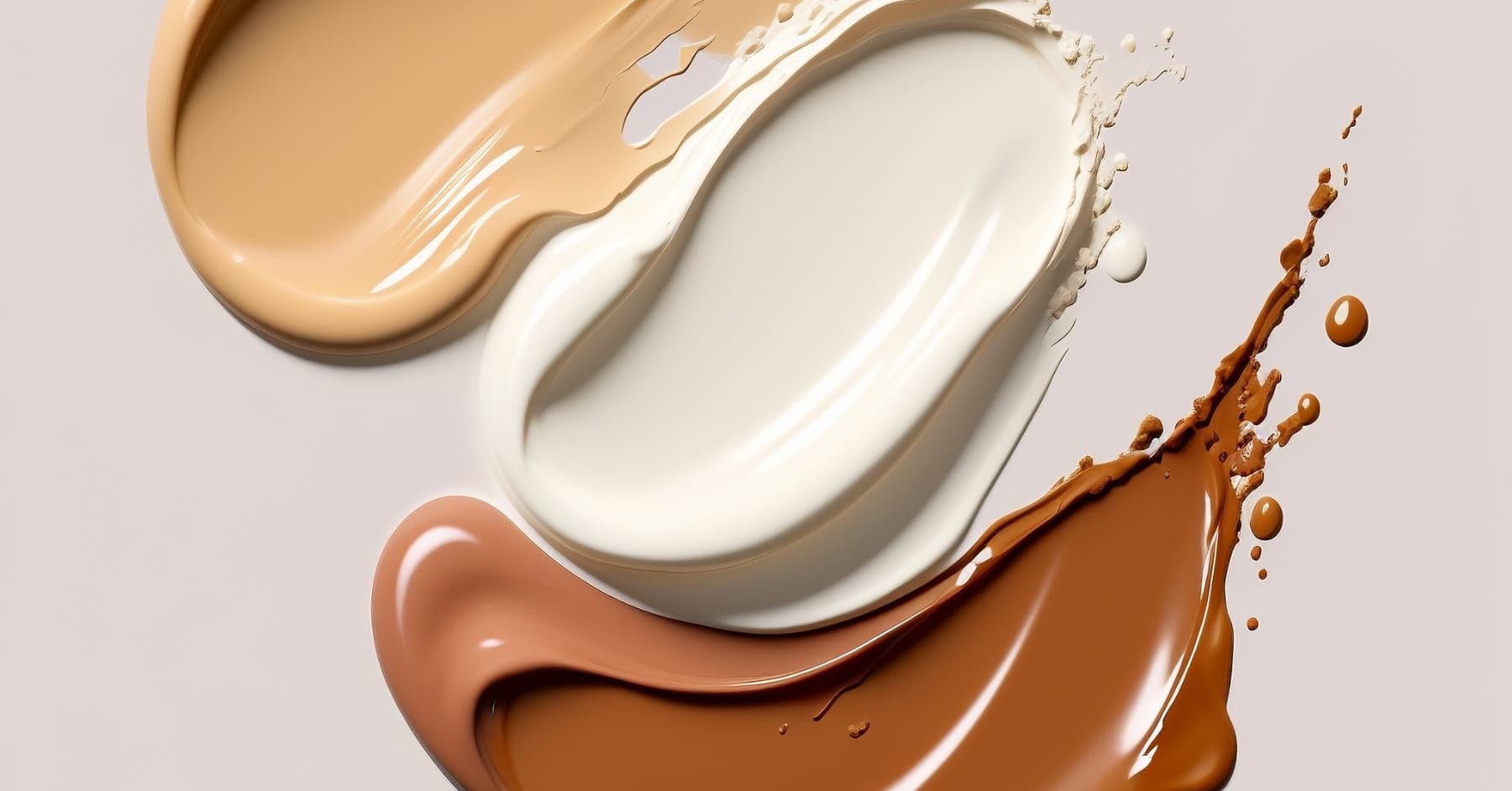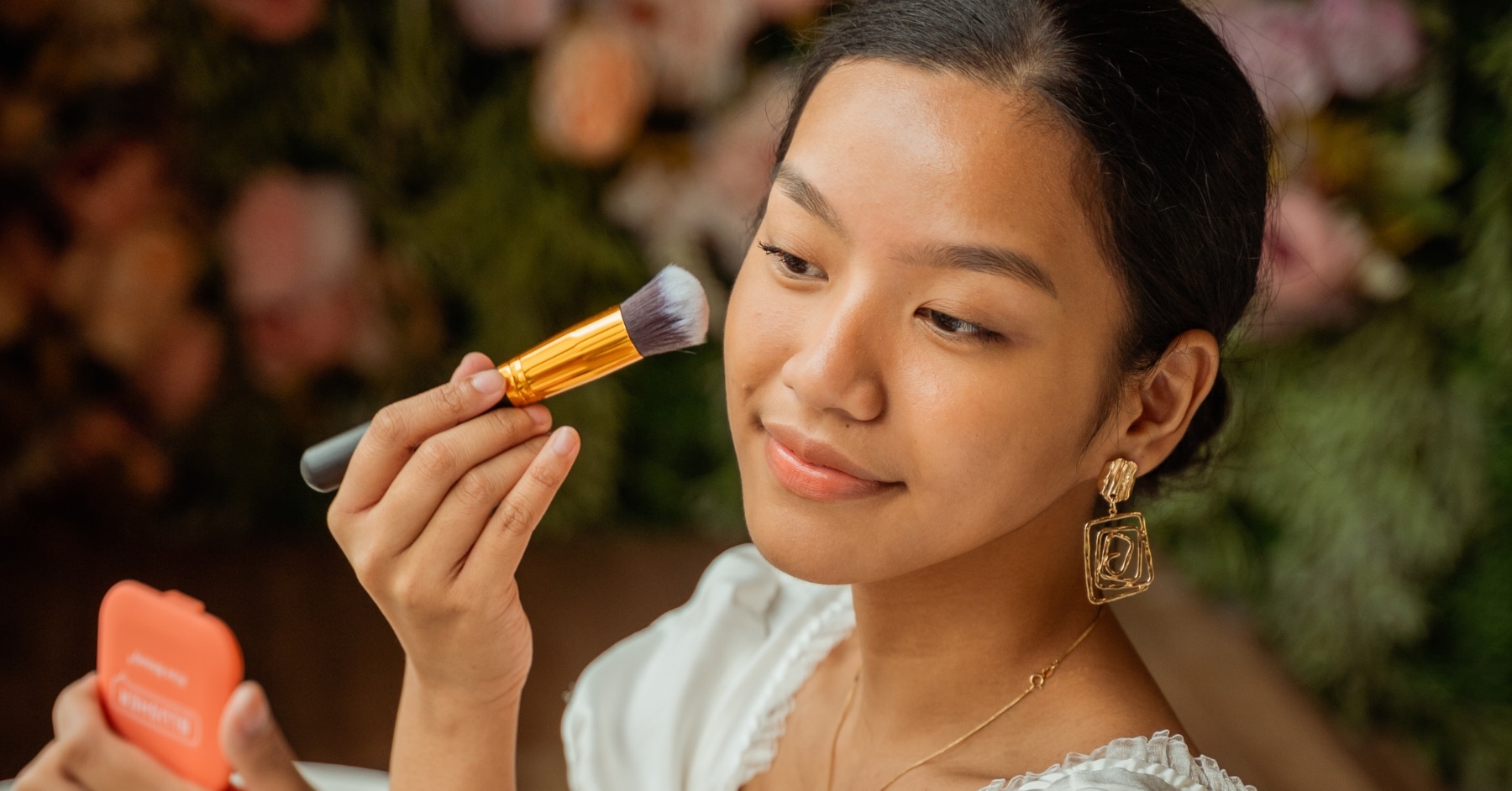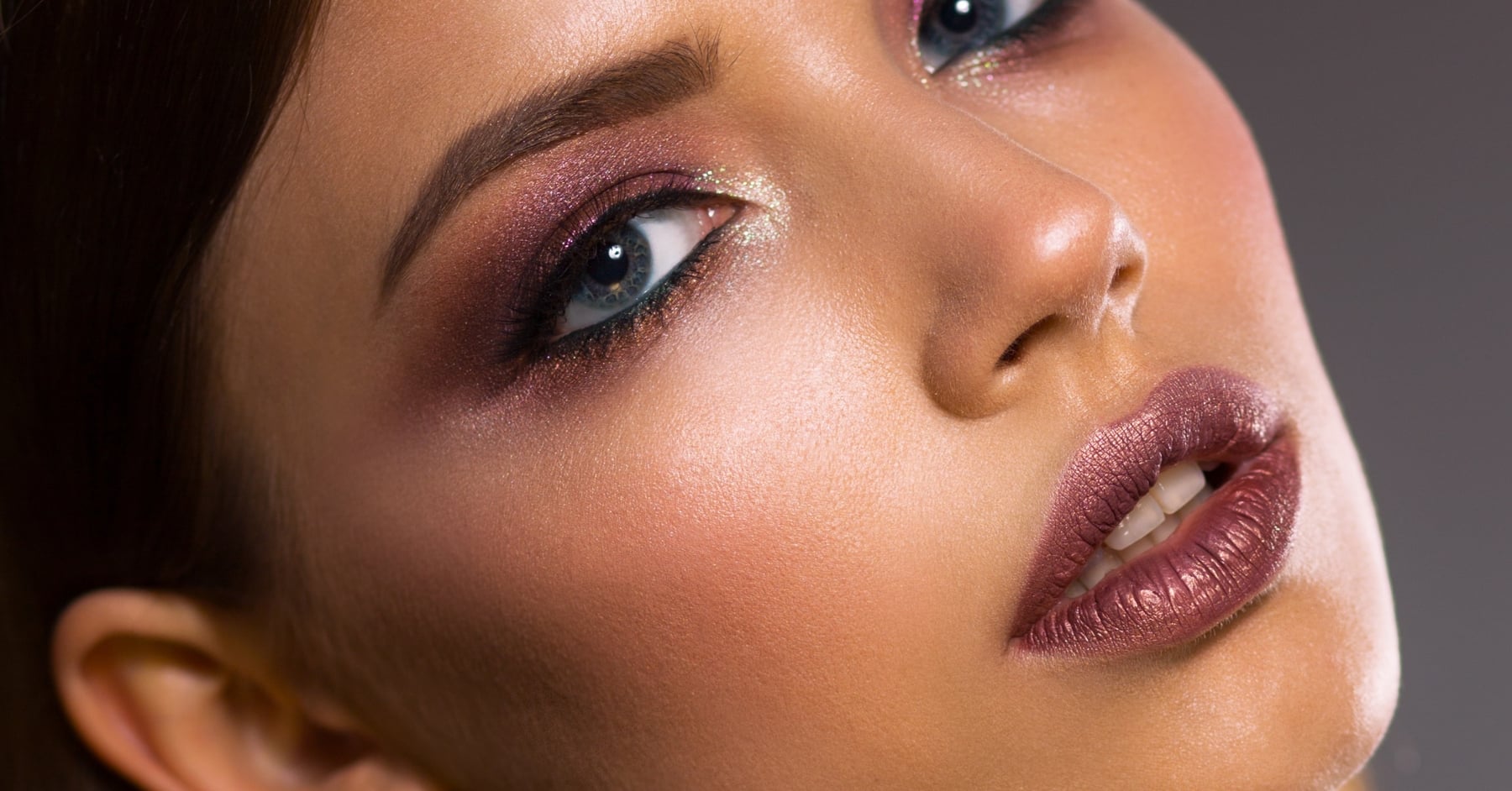When it comes to skincare products, it’s worth selecting ones that include quality ingredients, such as aloe, vaseline, and retinol, for example. Choosing skincare based on these types of ingredients will help tailor your skincare routine to your skin concerns, and get the best results for your complexion. Of course, there’s no point applying junk to your face! That is why it is best to avoid products that don’t contain good quality ingredients. So, when selecting your skincare, make sure to always read the label, and look out for ingredients that will serve a specific purpose in caring for and treating your skin.
But which common skin products are actually worth using?
Let’s discuss.
Aloe Vera
We’ve all reached for the aloe vera gel to soothe a particularly bad sunburn after a hot day at the beach. But, a little-known fact is that aloe vera is also an ideal ingredient for skincare. The humble aloe plant can help treat a multitude of skincare concerns, including:
- Providing natural hydration to excessively dry skin.
- Gently soothing bumpy, red and inflamed complexions.
- Helping to minimise the appearance of unsightly blemishes.
- Reducing fine lines and wrinkles on mature skin.
- Lessening the look of dark circles under the eyes.
- Smoothing and minimising the appearance of acne scars and discolouration on the skin.
Vaseline
Ah, the humble jar of Vaseline. This essential skincare product truly doesn’t get the credit it deserves! As well as helping to heal wounds, vaseline petroleum jelly is also intensely moisturising. It can be used for several skincare purposes, including:
- Gently removing makeup and impurities from the face, just like a cream cleanser.
- Moisturising, soothing and hydrating dry skin.
- Rejuvenating and hydrating chapped lips.
- Being used as an eyebrow product, to smooth, groom and hold the brows in place.
An emerging skincare trend Vaseline can also be used for has become known as slugging. So, what is slugging? Essentially, it is performed as the very last step of your skincare routine, where a thick, jelly-like substance – like Vaseline! – is applied over the top of your other products. This helps to ‘lock in’ the moisture overnight and assists with your skin’s absorption of your moisturising lotions, serums and creams.
Retinol
Retinol is a chemical ingredient that is derived from vitamin A and can be found in many good quality skincare products. The benefits of retinol for skin care include:
- Supporting skin cell turnover and regeneration.
- Increasing complexion radiance for a more youthful look.
- Maximising the brightness and smoothness of the skin.
- Plumping, lifting and firming mature skin.
- Reducing the appearance of acne and blemishes.
- Minimising hyperpigmentation of the skin.
Hyaluronic Acid
Despite its name, hyaluronic acid is far from acidic. In fact, it is actually deeply moisturising, soothing and nourishing for the skin. Hyaluronic acid occurs naturally in the skin, however, our natural production of it can reduce as we age. The benefits of reinjecting aging skin with hyaluronic acid include:
- Increasing the skin’s moisture content.
- Reducing the appearance of fine lines and wrinkles.
- Boosting the skin’s tightness and elasticity.
- Assisting with hyperpigmentation by reducing redness.
Ceramides
Like hyaluronic acid, ceramides also occur naturally in the skin. Supplementing the skin’s natural ceramide production with ceramide-infused skin care can help with:
- Strengthening the barrier of the skin against sun damage.
- Smoothing rough and bumpy skin.
- Rehydrating depleted, dehydrated complexions.
- Reducing irritation, inflammation and redness.
- Minimising the appearance of wrinkles and fine lines.
Niacinamide
What is niacinamide? If you’re a skincare junkie, likely, you’ve heard the term thrown around quite a bit lately. Essentially, niacinamide is an ingredient that is derived from vitamin B3, and in skincare, can assist with:
- Treating acne and reducing blemishes on the skin.
- Minimising the appearance of hyperpigmentation and redness of the face.
- Shrinking down enlarged pores.
- Smoothing out fine lines and wrinkles in aging skin.
Alpha Hydroxy Acids (AHAs)
Alpha Hydroxy Acids, or AHAs for short, occur naturally in certain foods – including fruit and dairy products. Using them in skincare has a multitude of benefits, such as:
- Improving the texture of the skin by providing gentle exfoliation.
- Being used as a skin peel to reduce the appearance of skin damage.
- Treating hyperpigmentation, scarring, age spots, or marks on the skin.
- Increasing collagen production in aging skin.
But, user beware: if you have a darker complexion, using AHAs on your skin may cause discolouration. If you’re worried about this happening, it’s always best to do a patch test first. That way, you can check for any adverse reactions before using AHAs all over your face.
Peptides
Peptides are protein-based amino acids that are also naturally occurring in the skin. If you want to improve your skin’s elasticity and texture, using peptide-infused skincare products can help. Peptides can also assist with:
- Clearing breakouts and removing bacteria from the skin.
- Smoothing and brightening the complexion.
- Enhancing natural collagen production.
- Easing inflammation and repairing damaged skin.
- Minimising the appearance of wrinkles
Vitamin C
In skincare, vitamin C is revered for its skin-brightening properties. It can help lift the complexion, by reducing the appearance of dullness. As well as this, using vitamin C in your skincare routine can also help with:
- Brightening up dark circles under the eyes.
- Minimising the appearance of hyperpigmentation.
- Smoothing out marks and scars on the skin.
Vitamin E
Lastly, Vitamin E is another essential ingredient you should definitely consider incorporating into your skincare routine. It has many benefits, including:
- Reducing the appearance of scarring and stretch marks.
- Repairing skin that has been damaged by the sun.
- Providing intense hydration to dry skin.
- Minimising inflammation, irritation and redness.
The best news? Most of these ingredients can be utilised either on their own or in combination with others, for stellar skincare results. Our top tip is to look out for skincare products that list the ingredients we’ve mentioned on their packaging. If you do, you can be sure that you’re using products that are actually good for your skin, and that are worth forking out for.




